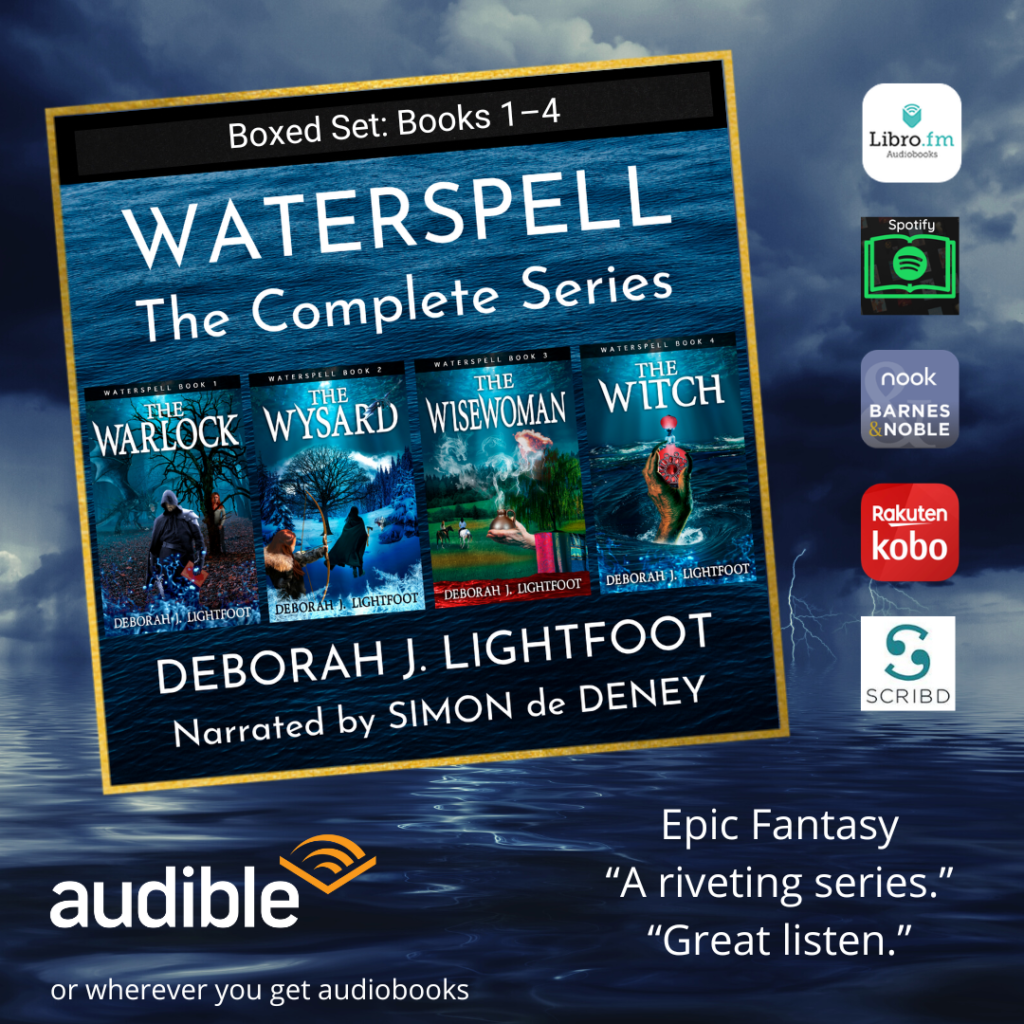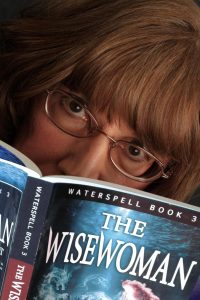Regularly updating one’s author bio is an entirely tedious but necessary part of the interconnected online world. Every time I have a new book coming out (and I do! November 19!) I chase down all of the sites where my little biography appears. I’ve now spent the better part of a week doing this mind-numbing task.
In hopes of simplifying the process for any necessary future updates, I’ve created a list. Google finds most of these, but not all. Some of the more obscure locations were sporting badly outdated info. With this list to remind me, perhaps I’ll more easily catch them all, the next time I must refresh my online presences. (“What has it got in its presences?”)
- Amazon author page
- Authors Guild website
- Authors Guild member profile
- Goodreads
- Books2Read
- The Black List
Also my distributors, Draft2Digital and Lightning Source, so that booksellers who use their databases will pick up the most recent author info.
Also Google Play Books (the catalog of which, like Lightning Source, must be updated individually <sigh> since the Google Partner Center does not have one universal Author Profile option that applies to every book in an author’s catalog):
- Book 1: The Warlock
- Book 2: The Wysard
- Book 3: The Wisewoman
- Book 4: The Witch
- Waterspell Boxed Set (Books 1-4)
- The Karenina Chronicles
- The Fires of Farsinchia
With this many individual places to update, you would think that I’d be absolutely certain of the wording I want in my “official author bio.” But after a week of updating myself everywhere, I’m already wondering if I’ve included too many details, and will the info be stale before my coffee gets cold? <sigh>
Author Bio: Deborah J. Lightfoot
Castles in the cornfield provided the setting for Deborah J. Lightfoot’s earliest flights of fancy. On her father’s farm in Texas, she grew up reading tales of adventure and reenacting them behind ramparts of sun-drenched grain. She left the farm to earn a degree in journalism and write award-winning books of history and biography. High on her bucket list was the desire to try her hand at the genre she most admired. The result is Waterspell, a complex, intricately detailed fantasy comprising the original four-book series (Warlock, Wysard, Wisewoman, Witch). In the “Nina sequels” to that earlier quartet — The Karenina Chronicles and The Fires of Farsinchia — new generations of powerful wysards carry the saga into the magical future of an ancient world. Having discovered the Waterspell universe, the author finds it difficult to leave.
Lightfoot is a professional member of the Authors Guild. She still lives in rural Texas. Find her on Instagram @booksofwaterspell and explore her overflowing, catch-all website at waterspell.net.
























